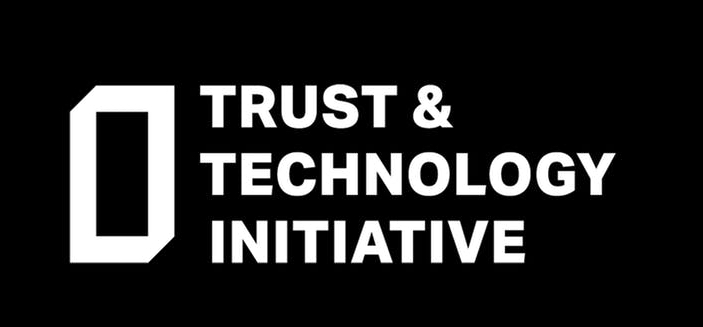Robert Dorschel, Department of Sociology
Digital Professionals, Surveillance and the COVID-19 Pandemic
Not just Silicon Valley, but digital hubs all around the world have become home to a growing number of digital professionals. Within the glass-windowed offices of tech companies, data scientists, software programmers, AI engineers, and many more, are generating and implementing the data-based digital technologies that increasingly permeate social life. They do so in the context of particular organisational settings and work cultures, which have been the object of many social scientific studies. The most common analyses describe long working hours, a lot of perks (such as yoga classes, childcare, free meals and drinks), some degree of autonomy and a hyped, control-unfolding form of community life.
The COVID-19 pandemic has put a temporary halt to this physical work context of digital professionals. Instead of tainted company shuttle buses frequenting the hyper-gentrified neighbourhoods of global tech hubs, digital professionals work from the comfort of their homes. Facebook recently announced that it expects half of its employees to work from home in the long run. How will this change their working lives? At this point, we can only speculate on this matter since systematic analyses have not been undertaken. Relying on studies on precarious digital labourers though, I argue that digital professionals will become subjected by their own work products. What we know of precarious digital labourers such as food delivery riders or click workers at crowd work platforms is that their work practices are being monitored by numerous surveillance programs, which go as far as recording conversations or measuring the speed of keypad strokes. Sociologically speaking, these measures serve the purpose to efficiently transform labour power into labour through technical control. Another measure through which especially crowd work platforms have tried to solve the ‘transformation problem’ is the installation of online community rankings, such as leadership scoreboards. These pose more latent and ‘gamified’ measures to keep people working that are not physically controllable.
It does not require a lot of imagination to see digital professionals – who are responsible for developing and implementing such surveillance tools – become haunted by their own work products. Tech companies are unlikely to spare their high-paid employees from such measures. Whether they will rely more on direct or latent control measures is an empirical question. The software SNEEK is increasingly successful at combining both measures by selling a product, which they frame as a community tool, that takes pictures in regular intervals to enable employers to check whether employees are at their desk.
All these developments and future scenarios seem troublesome to me. Instead of feeling a sense of satisfaction about this ironic development, we should support digital professionals in defending their privacy at work and at home. Certainly, digital professionals have rarely embodied the ‘revolutionary subject’ in recent years. Yet, we should not expect their critical capacities to grow under increasing surveillance.


